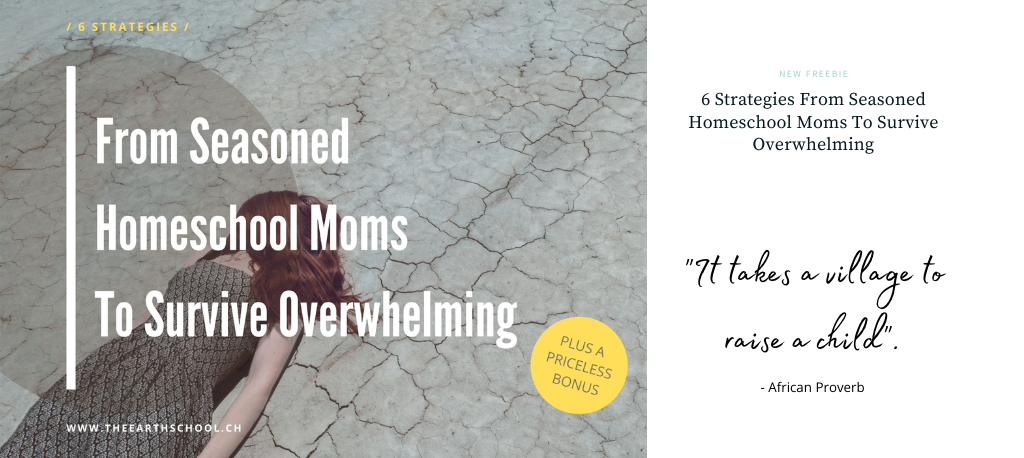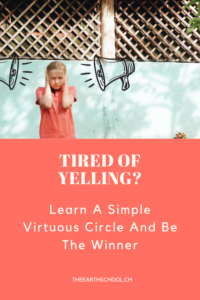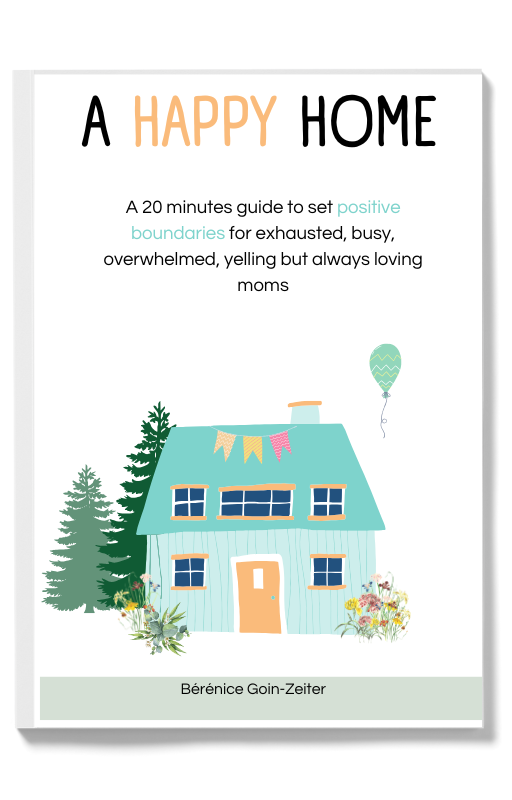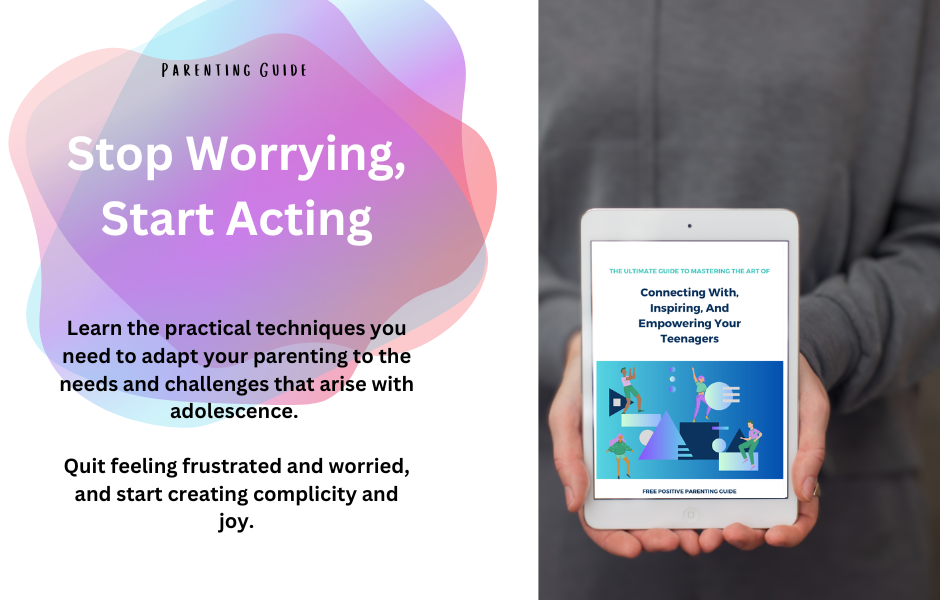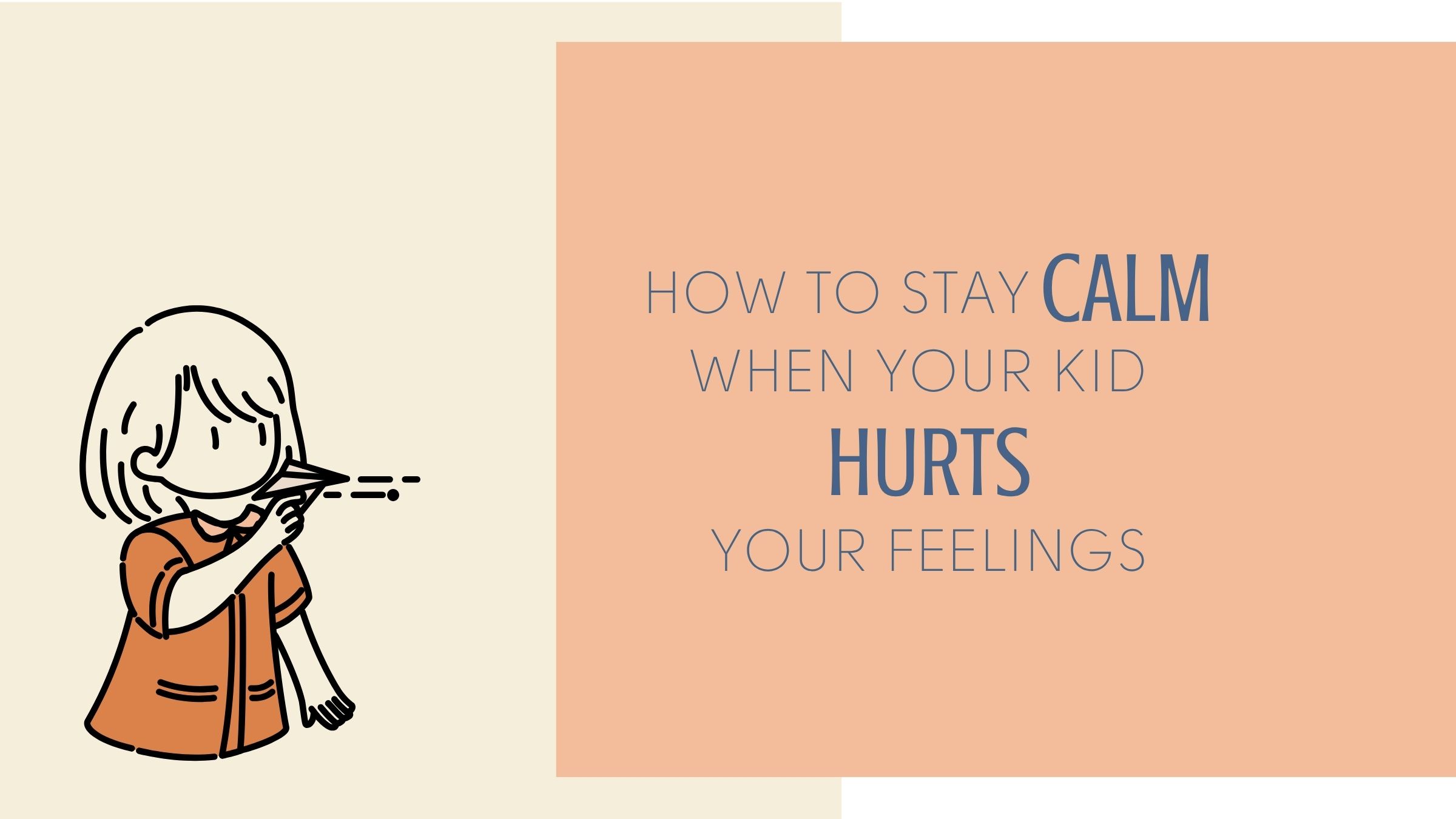
#34 You Should Encourage Solitude And Spot Loneliness. Learn How To Today
Do you have one of those children who like to be alone from time to time? You can see them doing nothing, and your parent’s instinct kicks in: Are they bored? Should I stimulate them? Are they sad? Is there a problem? Is that healthy? Am I being overprotective?
Being a parent… So many questions, and never a simple answer to them. Today, let’s focus on solitude and loneliness. One is healthy, the other is not!
Too many people around you right now? Download the PDF and read when you’re finally alone!
You Should Encourage Solitude
Solitude can be good. We often consider a lone child to not be normal. But being alone doesn’t mean suffering from it.
Children go through a huge amount of feelings and emotions everyday, most of them they don’t even understand yet. Sometimes children need some peace and quiet to temper down this internal turmoil and rest.
If you think about it, we live in a fast-paced world, with a lot of noise and images. How many times a day do you say « do this quick », « let’s….quickly » to your children? Solitude is an answer to this, a way to rest the mind and find some calm.
As adults, we process things very fast, but children don’t have our knowledge and experience. Many things remain a mystery to them. And their brain is full of questions all the time, trying to connect the dots and make sense of the world.
When you see your child alone, sitting there, it might look like nothing’s happening. In actuality, a lot is going on.
- They might be processing something that happened to them that requires some thinking,
- They might let sand slide through their fingers while their brain creates connections,
- They might relive a situation to try and understand it,
- They might be figuring out why the sun rises and sets.
Who knows?
The important benefit of solitude is that it develops imagination! Doing nothing feels like boredom to some children who are used to be stimulated all the time. We’ll talk about strategies for attention-seeking children further down, but for now, know that boredom and solitude are two powerful ways to stimulate the imagination.
So solitude helps children to quiet emotions, to rest their mind, and to develop their imagination, not bad, is it?
Spot Loneliness Before It Gets Harmful
Solitude isn’t loneliness, and a child might suffer from being alone. There are situations, like moving to a new place, where it might happen for children to be more lonely, but it shouldn’t last long.
Loneliness isn’t something that a child seeks, it is something that a child endures.
Loneliness can take several shapes, it might be the result of trauma, or parents who asked them to grow up too fast, it can be because of a secret they keep, or a feeling of rejection from others.
I am a big advocate for autonomy and freedom, those who read this blog know that. But, what I call ‘autonomy’ is not about leaving a child to fend for themselves. Nor is it asking them to do things they are not ready to do. Nowadays parents have a lot of responsibilities, and they are often in a hurry. Hence, they might ask more of their children than what they should. Asking children to be little adults creates a lot of solitude, which can lead to loneliness.
Another situation that can occur: When a child tries to hide a secret, they might isolate themselves voluntarily. The fewer contacts, the further to others, the fewer the risks of the secret being discovered. Carrying a secret is a big weight for a child and parents should be aware of it and be careful never to ask a child to keep a secret for them.
Some children are isolated by others. And some self-isolate because they fear others’ judgments. It always breaks my heart to think that a child might miss the happiness of childhood because of self-esteem issues, or because of children’s cruelty.
As you can see, there are some serious concerns behind loneliness, and it should never be overlooked.
But how do you know if your child is enjoying their solitude or if they’re suffering from loneliness?

How To Distinguish Solitude From Loneliness
A first obvious step would be to ask your child.
It’s two in the afternoon, everyone is busy reading or playing, and Liam is lying on the couch, doing nothing. After 10 minutes I have to ask « Liam, is everything all right? ». To which he answers « yes, I am watching the sunlight on my feet. ».
So, Liam is definitely a dreamy child and spends a lot of time somewhere in his head. But, even after 12 years, I keep asking, just in case. Because, sometimes the answer is « I have a headache », « I’m too hot to do something », « everything bothers me ». And in those situations, he might need my help.
You know your child, and you will know how to ask so that they don’t take it the wrong way. Sometimes, Liam answers « why do you ask? », and I honestly answer « I see you there doing nothing and I want to make sure it’s because you chose to ».
There are situations that should catch your attention. A drastic change of behavior in a child is always an indicator of something. If one of your children doesn’t like solitude and is suddenly seeking it a lot, a discussion would be welcome. Be careful not to find excuses (he’s a teenager, she’s tired,…) but rather have more quality time with your child to give them an opportunity to confide in you if something’s wrong.
Solitude is a positive thing. Children get out of it rested and at peace, ready to move on to another activity.
Listen to your intuition, and don’t forget to ask.
[Tweet “You Should Encourage #Solitude And Spot #Loneliness”]
Solitude Can Be Emotionally Overwhelming
Children don’t have our maturity to understand and process their emotions (and you might be thinking that you’re not sure you have that kind of maturity either ha ha!). And, as adults, we have some serious tools that our children lack: our ability to distance ourselves, our ability to project in the past/future, our ability to think abstractly, our more developed empathy, etc…
All those skills help us when we feel overwhelmed. And, we can use them to help our children.
Sometimes, quite often, children look for solitude because they had an emotional overload and need to reset. They seek calm and quietness because they can feel that in them, it was too much.
I like to offer my help, my presence, a hot tea, or any kind of attention to my children when I see them in those moments. Just so they know I’m here. And it opens the discussion, in case they would love to talk about it.
When you feel that your child could use some support but rejects it, give them a moment. Sometimes all we need is true solitude. And they’ll know that they can come to you because you offered it.
I encourage parents to give more freedom to their children, and I encourage them to remember that this freedom has to feel SAFE for their children. A reassuring presence, quality moments, open discussions, are opportunities for children to share what might be bothering them.
Next week we will see how and why you SHOULD encourage solitude in your children!
Thanks for reading this article! As always, I hope it gave you some line of thoughts to explore as well as ideas to act and create a positive change in your parenting life.

Don’t let the inspiration fades and take action right away:
1. Download our cheat-sheet, it’s on the house. Decide on one action you will implement from today and write it down
3. Share this article with a friend who could benefit from it
4. Join us on Instagram for more great content
I wish you all the best with your kids, always remember that we all do the best we can at a given moment, so never judge yourself harshly. Be confident and listen to your intuition. If what you do comes from a place of love, then you’re on the right path.
See you next week for another exciting article!

Do you want more?
Don’t Forget To Join Our Community To Get Inspiration And Tips Straight in Your Mailbox
I wish you all the best with your kids. Always remember — we’re all doing the best we can in any given moment, so try not to judge yourself too harshly. Be confident and listen to your intuition. If what you do comes from a place of love, then you’re already on the right path.

If this post resonated with you — if you’ve ever walked ten paces behind your child, wondering if you’re ruining everything — come join us on Instagram.
It’s where I share reminders, reflections, and the odd parenting confession… for mums figuring it out one heart-twinge at a time.

